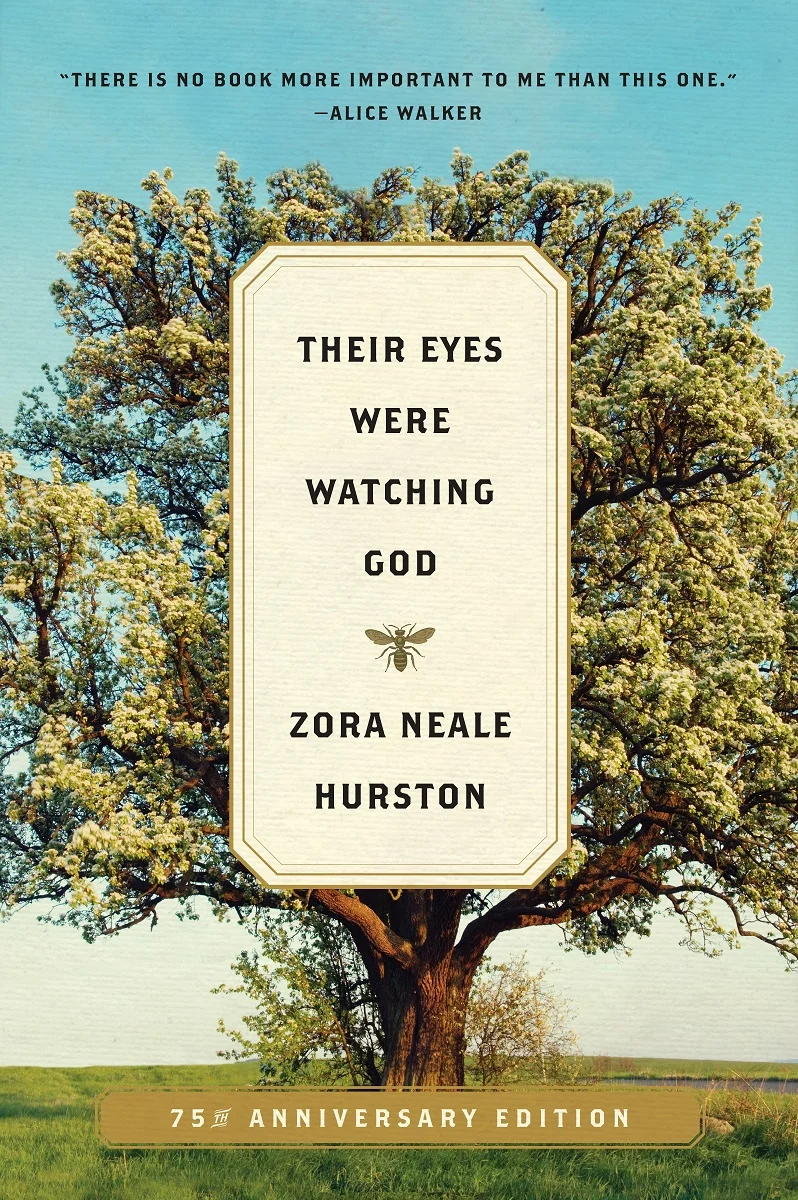Book Review: Gone with the Wind
When it comes to American classics, Margaret Mitchell's Gone with the Wind demands attention. Published in 1936, it was awarded the Pulitzer Prize in 1937. It was adapted into an award-winning film in 1939 which accounting for inflation remains the highest grossing box office film of all-time. And as recently as 2014, it has been rated as the second most enjoyed book by Americans—second only to the Bible.
Aside from being a force in its reception, it remains one of the most important fictional depictions of Southern life before and after the Civil War. While issues of accuracy and political correctness will remain until the end of time, Gone with the Wind is most faithfully read within its own time and the then available historical knowledge. But that aside, there is much to appreciate constructively and more importantly criticize in this immense and amazing text.
The Book
Gone with the Wind follows the young Scarlett O'Hara and her incessant love triangle with Rhett Butler and Ashley Wilkes. In fact, to call it a "love triangle" seems to actually sell short the always confused and ever persistent O'Hara. The novel begins immediately before the Civil War, describes the burning of Atlanta, and the eventual political aftermath of emancipation and reconstruction.
The daughter of an Irish plantation owner in Georgia, the young O'Hara girl supplies the eyes that we exclusively see through. While the book is littered with outlandish and outstanding characters, all are seen and experienced through the eyes of the young protagonist. Naturally, this is not without its disadvantages since young Scarlett is written in such a way to evidence her youthfulness, naivety, and general lack of concern for the details that matter historically. Mitchell uses this to introduce irony and criticism to the major themes of the book.
And nearly no theme goes untouched in the lengthy book. Some sympathetically. Some ironically. Some revealing the great ignorance of the South, privileged whites, or Scarlett specifically. Race, class, politics, pride, gender, honor, and love mingle throughout the book in the youthful vibrancy of Scarlett's life with Rhett and Ashley acting as beneficial foils. Peripherally, the Confederate South is the fixed jester of a backdrop for the story. Neither Mrs. O'Hara nor her Southern compatriots—save Mr. Butler and Mr. Wilkes—recognize the futility evident in the narrative. Ironically, perhaps only Scarlett in pursuing success and self-dependance completely understands the death of Southern pride and legacy.
Mitchell's narrative itself is quite beautiful and the characters broad and occasionally larger than life. There is little to criticize in the "love square" or even "love pentagon" that Mitchell produces. However, the book is quite long. While the narrative does, in fact, cover a substantial amount of time and useful events, there are definitive dialogue points that are repeated too often. The inner monologues reserved for Scarlett become tedious when they do not introduce new ideas, feelings, or projections. In the course of the narrative, forgiveness is to be granted to the verbose Mitchell. Gone with the Wind is a masterpiece.
The Audiobook
In a book that makes much of accents, the readers/performer of a book is almost as essential as the content itself. Linda Stephens is immaculate. Her ability to provide depth to the narrative/narration of Scarlett O'Hara is not to be ignored. Her delivery of distinct Southern accents, both male and female, makes the book an experience that hardly becomes burdensome despite its extreme length (over forty-nine hours).
In fact, since I have not watched the movie, I was disappointed by the clips that I have seen since finishing the book. Stephens provides the definitive narrative and accent ability that is missing from the immensely popular film.
In conclusion, Gone with the Wind is a brilliant book that challenges the sexism and racism of its day. But it is still laden with naive sexism and racism begging for refutation. The South was never the romanticized depiction of Scarlett O'Hara, that much is obvious from the book itself. And it is up to us to appropriate the irony of the text against racism and sinful pride of heritage in every age and culture.








